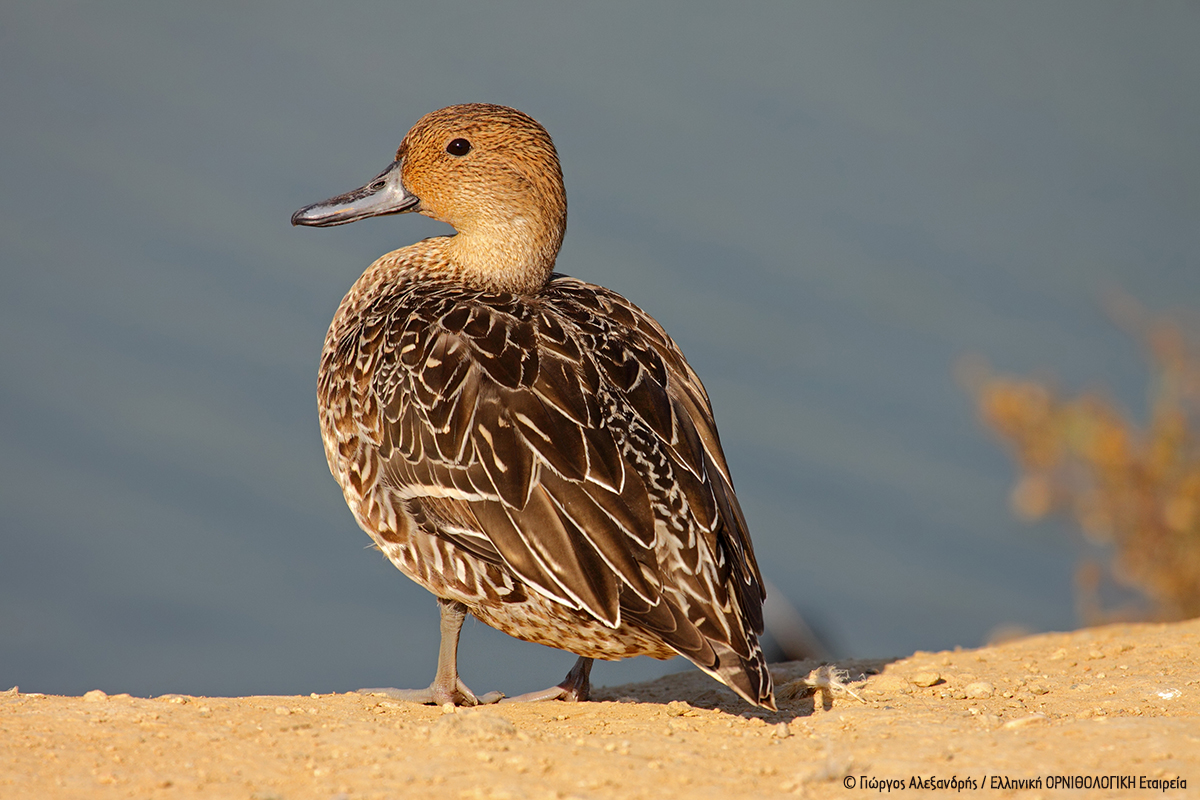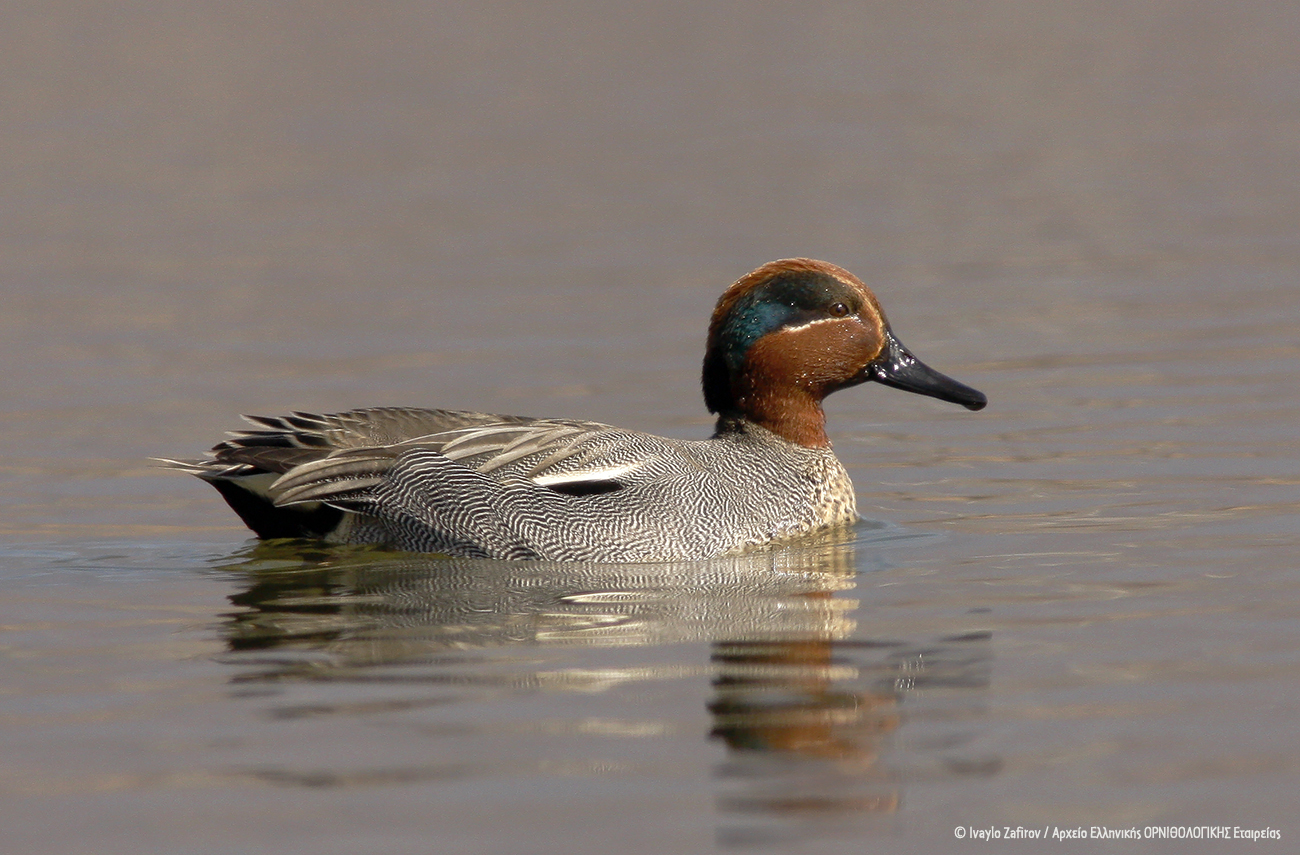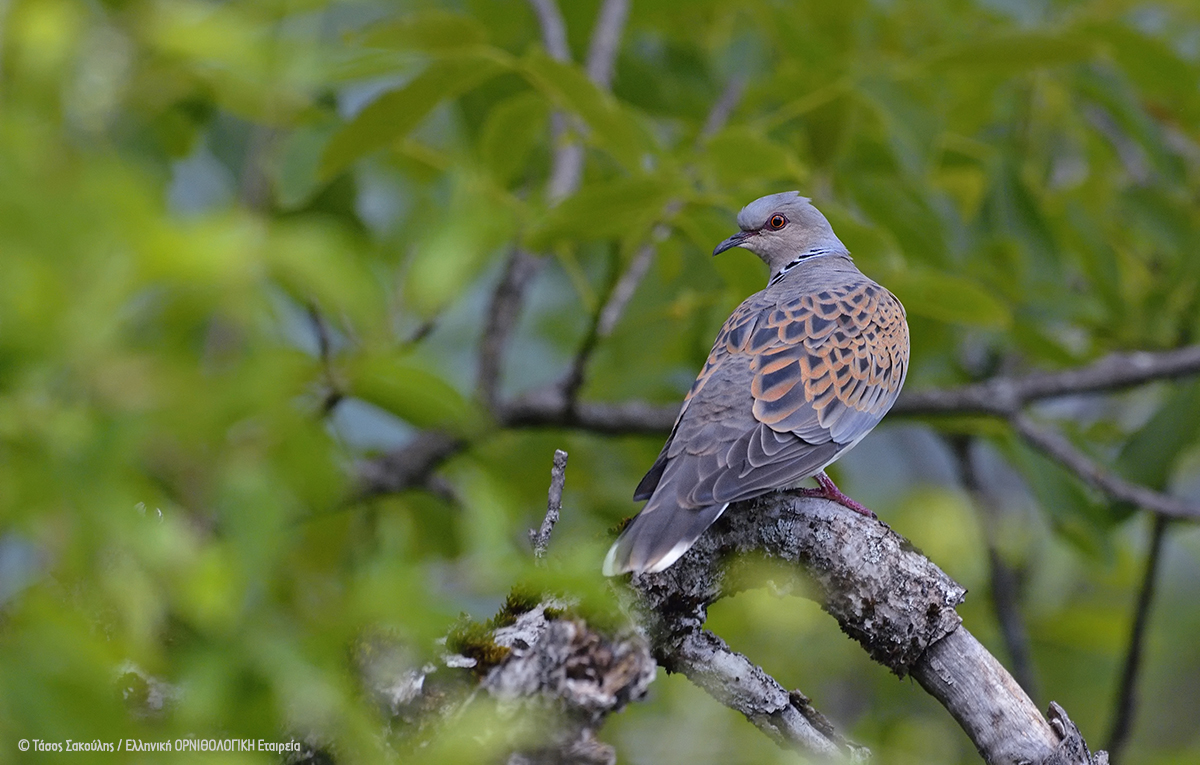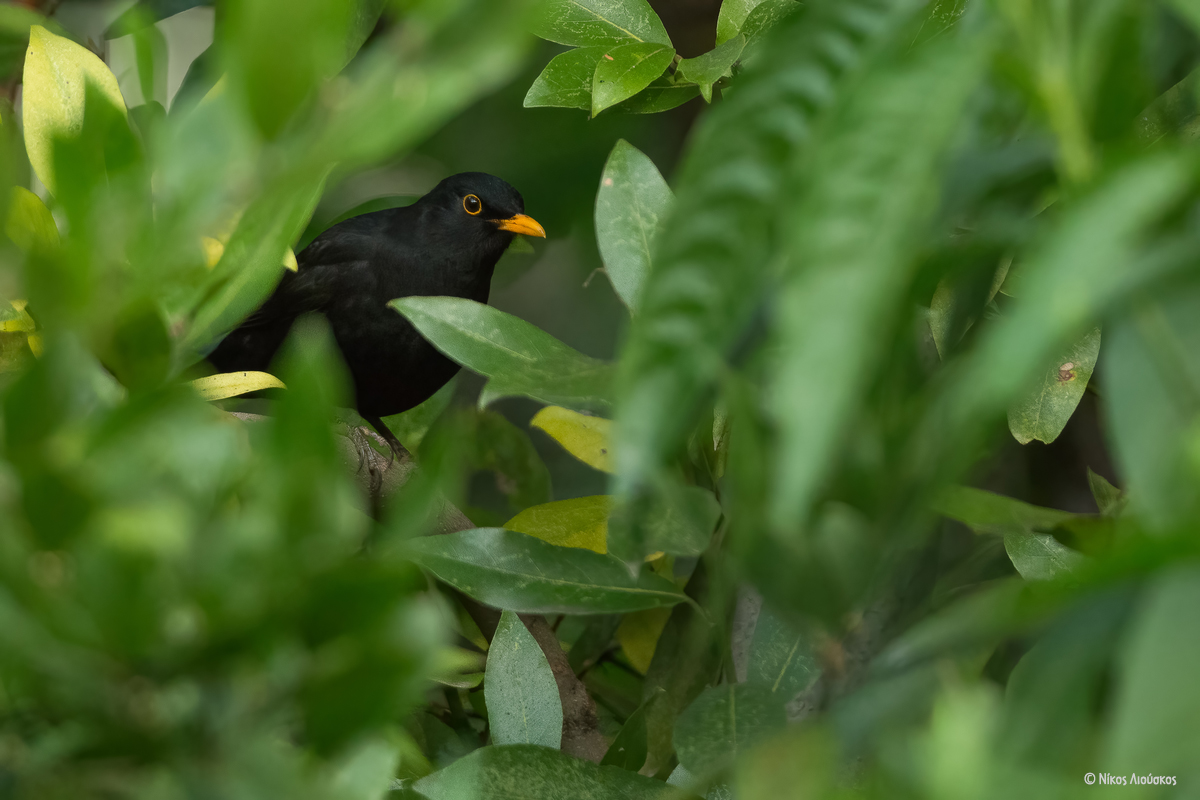The Hellenic ORNITHOLOGICAL Society (HOS) strongly disapproves this year’s Decision regulating hunting in Greece and expresses its grave concern about the intentions of the Ministry of Environment & Energy on biodiversity. The Regulatory Decision, issued only a few days before the start of this year’s hunting season, constitutes an unprecedented backtracking. Its provisions clearly demonstrate that the Greek Ministry of Environment & Energy not only chose to ignore the well-documented proposals of HOS and other environmental organisations but, more importantly, it gave in to the demands of the hunting confederation to an exceptional degree.
In an unprecedented backslide, the new Regulatory Decision allows hunting of all game waterfowl species until February 10th! In other words, while the previous Decision permitted waterfowl species to be hunted until 31st of January (with the Eurasian Coot, Eurasian Wigeon and Pintail being the only three exceptions allowed to be hunted until 10/2), now all waterfowl species will be hunted until the 10th of February. The problem caused by this extension of the closing date is a serious one because, during this time of the year, waterfowl species have entered the phase of pre-nuptial migration and hunting has a very adverse effect on these species [1].


An equally serious issue concerns the globally threatened Turtle-dove. Once considered a common species, Turtle-dove populations are now rapidly decreasing. For this reason, zero-take policies are considered as absolutely essential for all countries, including Greece. Sadly, instead of trying to contribute to the international effort for the recovery of this species, the Greek State decided to issue a Regulatory Decision that is a "duplicate" of last year’s provisions, allowing the same daily and total harvest (i.e. 6 Turtle-doves per hunter per daily outing and a total annual national harvest limit of 120.000 Turtle-doves).
It should be reminded that the European Commission has made strong recommendations for the cessation of the hunting of the Turtle-dove addressed to all Member States in order to ensure the species’ survival and recovery. Turtle-dove populations have shown a downward trend of 33% since 2000 in the central-eastern migratory corridor, in which Greece belongs [2]. Hence, at this critical juncture for the survival of the Turtle-doves, it is unfortunate to see the Greek Ministry making decisions that push this species closer towards its extinction.
And if all of the above were not enough, the new Regulatory Decision also extends the hunting of Blackbirds until the end of February, at a time when these birds have already nested in many parts of Greece!


It is regrettable that the new leadership of the Ministry of Environment & Energy has made such an utterly discouraging debut; however, it should be noted that, in addition to the proposals submitted during the consultation that precedes the publication of the Regulatory Decision, the Hellenic ORNITHOLOGICAL Society sent two urgent letters to the Minister himself [3], in order to ensure that the Ministry was informed of the imperative need for a temporary hunting moratorium of the Turtle-dove and for a single closing date for the game waterfowl species, on January 31st, instead of the staggered dates provided until last year [4].
With this Regulatory Decision, the new Minister, Theodoros Skylakakis makes a really bad "debut" and a “faux pas”, at a time when the European Commission has started a bilateral dialogue (EU Pilot) with the Hellenic Republic and is one step before initiating pre-trial proceedings against Greece regarding how hunting is carried out in the country.
Notes
[1] The possibility of hunting various birds during February was and still remains a serious problem. That time of the year coincides with the pre-nuptial migration of some species and, therefore, poses a great risk to them, as it can cause disturbance and confusion. In order to prevent any such occurances, the Hellenic ORNITHOLOGICAL Society has repeatedly proposed the single closing date on January 31st.
[2] The Turtle-dove shows an overall decrease, with its populations declining in the vast majority of countries that it occurs. It is now classified as "Vulnerable" on a worldwide level according to the IUCN, as well as "Vulnerable" in Europe. This means that this species faces a high risk of extinction from the natural environment, as well as the risk of being classified as "Endangered" if targeted measures, which can lead to the improvement of its survival, are not implemented.
The Regulatory Decision of 2022-2023 provided for a reduction of the annual harvest limit to 120.000 turtle doves, thus acknowledging the existence of the problem but not addressing it. The "duplicate" repetition of last year's limits for the turtle dove, in this year's Regulatory Decision, is against the European Commission's International Action Plan for the Turtle-dove, which proposes a temporary ban on hunting (hunting moratorium) of the species for a period four (4) years as a measure for the recovery of the species.
[3] The first letter by the Hellenic ORNITHOLOGICAL Society is available HERE, and the second, co-signed by WWF Greece is available HERE
[4] The only relevant available study on waterfowl game species, carried out by the Ministry of Rural Development and Food in (Kazantzidis S. and Noidou M. 2008), shows that the migration of these birds begins in January.



